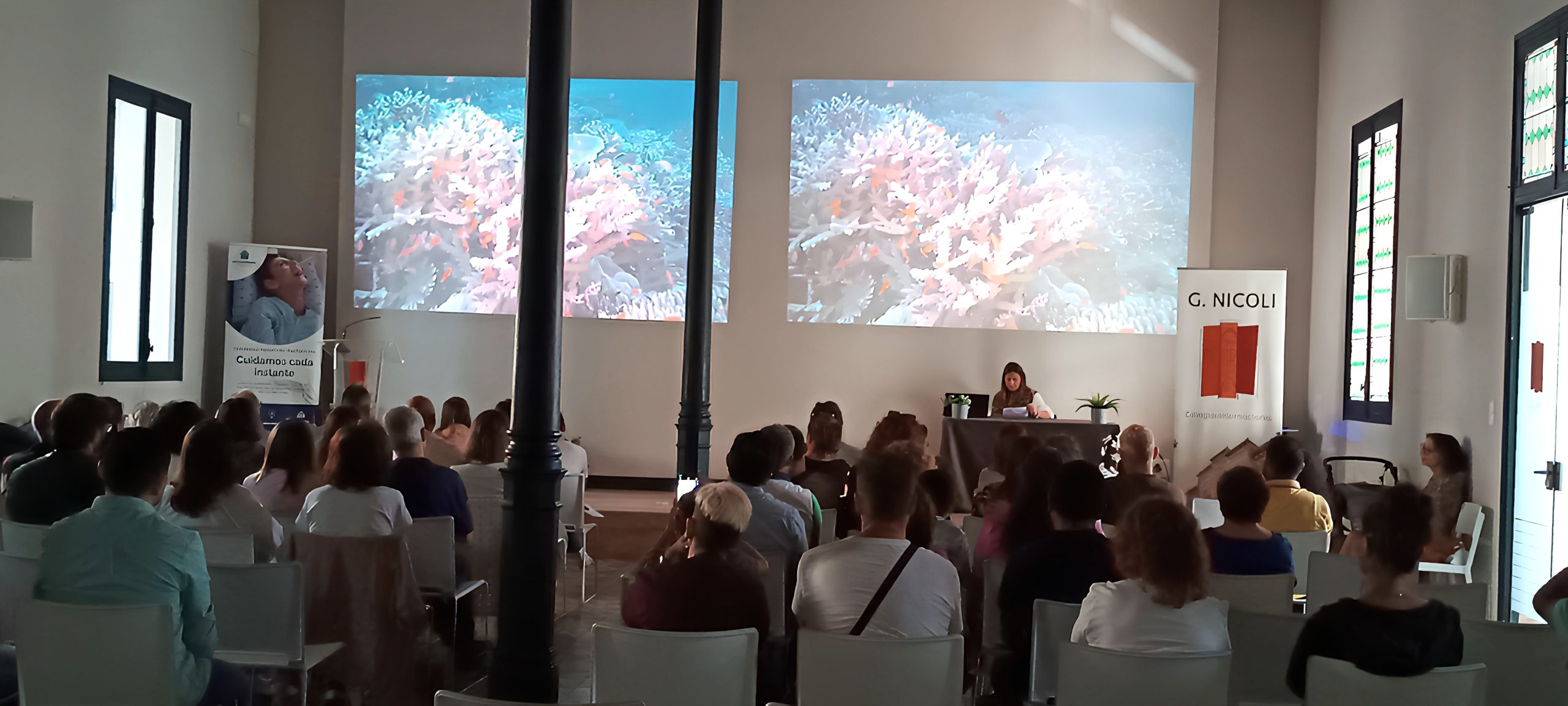The third sector plays an essential role in the development and sustainability of Paediatric Palliative Care (CPP). Far from replacing the functions of the public health system, its contribution is materialized in the complementarity the specialization and the proximity . This article presents ten reasons, supported by practice and evidence, that justify its strategic relevance.
1. Provide specialized psychological and social care
Third sector organizations incorporate professionals in psychology, social work and spiritual accompaniment, who provide comprehensive care to families. This dimension is not always present in clinical teams, and its incorporation is decisive for the development of clinical teams. structured support on the psychological and relational levels.
2. Maintains the bond after clinical intervention
The follow-up does not end with the discharge or death of the patient. Social entities prolong their work with support in grief, guidance and continuity of care from a non-assistance but profoundly necessary logic.
3. It facilitates access in contexts that are difficult to cover
The operational flexibility of the third sector makes it possible to intervene in rural areas or in vulnerable environments where public services encounter structural limitations. His Adaptability it guarantees more equitable care.
4. Participate in care coordination
The entities actively collaborate with hospitals, palliative care units and home care teams. This cooperation improves system efficiency, avoids duplication and promotes shared care, focused on real needs.
5. Contributes to training and awareness
Through courses, conferences, refresher programmes and informative activities, the third sector provides training value to both professionals and society. Its role is key in the construction of a culture of care .
6. Drive innovation in care models
Many foundations and associations act as spaces for social experimentation, developing new approaches, technologies or methodology s that can be subsequently integrated into the public system. Their proximity to the ground allows them to detect and respond quickly to emerging needs.
7. Provide psychological support to healthcare professionals
The third sector offers emotional support and spaces for reflection for clinical teams , contributing to the well-being and emotional sustainability of those who work in situations of high emotional load.
8. Reduce inequalities in access to resources
Orthoprosthetic material, financial aid, transport, complementary therapies... Social organizations complement the shortcomings of the system with their own resources, guaranteeing a More equal care .
9. Strengthen community networks
Through volunteer programmes, participation initiatives and mutual support, NGOs Build containment environments that transcend the clinical field, favoring the social inclusion of families.
10. It guarantees the right to comprehensive care
In Spain, it is estimated that approximately 60,000 children need palliative care each year, although not all of them have access to it under conditions of territorial or professional equity ( PEDOPAL ). The third sector acts as a guarantor of this right , especially in underserved contexts.
BecauseThey Live: A Benchmark Experience
The Foundation because Live he has more than 15 years of experience in paediatric palliative care, with activity in the Community of Madrid and Aragon, and a national presence in training and awareness-raising. Its intervention model, focused on psychosocial care, networking and interdisciplinary training, demonstrates the effectiveness of joint work between the public and the social.
"We reach where others cannot do more due to lack of structure than lack of will"
—José Carlos López Seisdedos, director Foundation because Live
Conclusion
The Coordinated work between health institutions and third sector organisations is essential to guarantee comprehensive, continuous and humane care for children and families in situations of advanced illness.
Want to know more?
Visit our web or Contact with our team.






